Rethinking the Scientific Revolution
This book challenges the traditional historiography of the Scientific Revolution, probably the single most important unifying concept in the history of science. Usually referring to the period from Copernicus to Newton (roughly 1500 to 1700), the Scientific Revolution is considered to be the central episode in the history of science, the historical moment at which that unique way of looking at the world that we call 'modern science' and its attendant institutions emerged. It has been taken as the terminus a quo of all that followed. Starting with a dialogue between Betty Jo Teeter Dobbs and Richard S. Westfall, whose understanding of the Scientific Revolution differed in important ways, the papers in this volume reconsider canonical figures, their areas of study, and the formation of disciplinary boundaries during this seminal period of European intellectual history.
{{comment.content}}
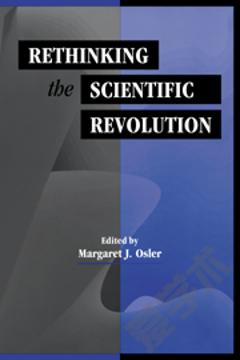
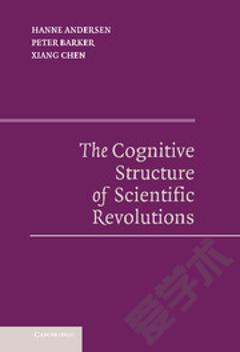
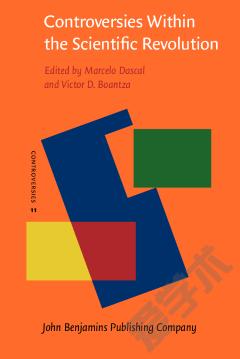
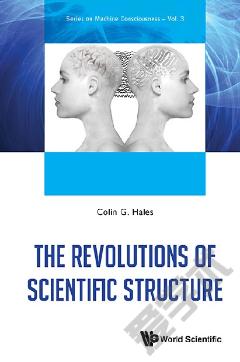
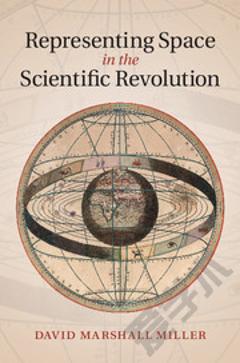



 京公网安备 11010802027623号
京公网安备 11010802027623号